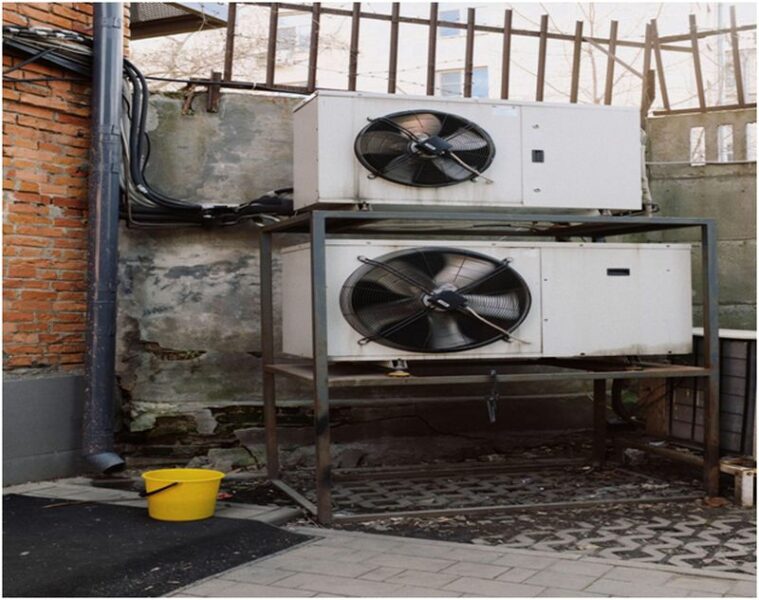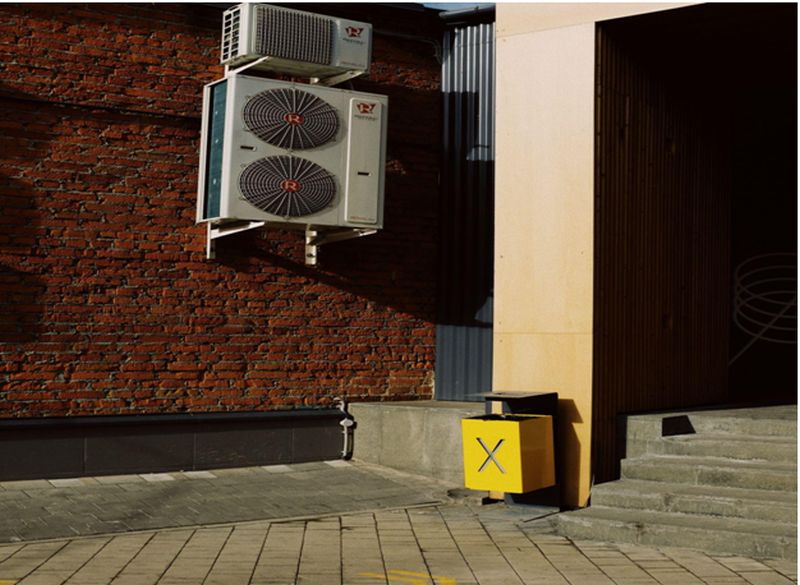It is not possible to offer a customer an estimate of the cost of installing air conditioning over the phone without first doing a thorough assessment of the residential property. Before installing a brand-new air conditioning system, there are a lot of decisions that need to be taken beforehand.
This is because there are a lot of factors to take into account. In order to gather all of the necessary information required to install central air, a representative of the HVAC system will need to do a cost-free in-home evaluation on the individual’s property. While they are there, they are going to calculate the load that has to be carried out.
In addition to this, they will assess the current system in order to determine which improvements or replacements are most suited for your home by determining which upgrades or replacements are most suitable. As soon as we have completed this stage, we will discuss a few potential system configurations and the prices that are connected with them.
The following are some of the potential factors that can impact the overall cost of installing an air conditioner:
1. HVAC System Type
The first thing that will affect how much an air conditioning installation will cost you is the system that you decide to go with. You have a lot of options to choose from when it comes to the cooling of your house, and the majority of HVAC businesses provide a selection of various options for systems.
You may install a ductless system, a geothermal system, a packaged system, or a standard air conditioning unit. Another option is to install a heat pump. You may find out more about the differences between the two by going to the website of a local HVAC installation firm, and while you’re there, go to the page titled “Installation.”
Even after choosing which air conditioning system would be the best fit for your home, the cost of installing one will be based on a number of other considerations for the most accurate estimate.
2. SEER Rating and System Size

One feature that may separate one model from another in relation to a cooling system is the efficiency rating of the system. a variety of prices that must be paid in order to have an air conditioner installed. Let’s pretend for the purpose of this example that you were interested in purchasing a new heat pump for your home so that you could maintain a comfortable temperature throughout the year. One of the ways in which various heat pumps may be distinguished from one another is by their respective SEER ratings.
This is how we evaluate the effectiveness of the methods. The maximum energy-efficient rating that can be bought is a 14 SEER system. On the other hand, it may achieve a value more than 20 SEER. If two separate people decide to buy the same size Trane heat pump, but only one of them is a 14 SEER and the other is an 18 SEER, then the price of the heat pump will be different for each of the persons.
The higher the SEER rating is, the more effectively the system is likely to perform. And the more money you may potentially save on the monthly cost of your energy bill. The Seasonal Energy Efficiency Ratio, sometimes referred to as SEER, is something that you and the comfort the specialist that you choose will discuss. Nevertheless, in the end, the amount of efficiency that your system has will be determined by the choice that you make on how efficient you want it to be.
Another thing that might influence these differences is the size of the HVAC system. If you want to be one hundred percent positive that the system you have built is of the suitable size, you will obviously need to do a load assessment. The cost of the system will increase according to the size of the system that is necessary to provide electricity to your home.
When it comes to your heating and cooling system, it is NOT always in your best interest to have a bigger system. As a consequence of this, if you want the best possible degree of comfort in your home, you need to ensure that the system that is installed is the appropriate size for the space that it will occupy.
3. Ductwork
Another aspect that will play a role in determining the final price of installing an air conditioner in your house is the ductwork (https://www.dictionary.com/browse/ductwork) that is already there. Why bother shelling out cash for a whole new cooling system if the duct work in your home is outdated and riddled with holes? If you have a duct system that is leaking, it will cause your heating, ventilation, and air conditioning system to work harder so that it can make up for the quantity of cool air that is being lost.
It is also likely that your monthly energy bills may go higher, and as a consequence, the degree of comfort that you experience in your home may drop. While the experts in home comfort are at your house presenting you with an estimate for a new cooling system, they are also able to evaluate the duct work that is already present in your home.
If the duct work in your house has to be updated, the installation of a new air conditioning system can end up costing you more money. The cost will vary depending on whether just a portion of your duct work or the whole system has to be repaired or rebuilt. If it is only a portion, the cost will be lower.
The price of installing an air conditioner is going to be based on a number of different factors. Some of these factors include the kind of cooling system, the efficiency of the system, the size of the system, and the ductwork that is already existing in the house. As was just said, it is very necessary for you to have a trained expert examine your home before you can get an exact quote for the installation of a brand new air conditioning system. This was just one of the many reasons why.
Article Submitted By Community Writer




